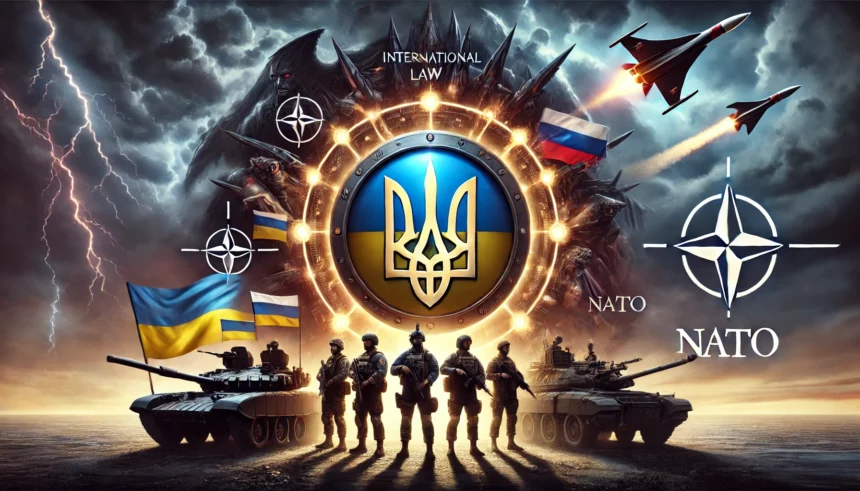Summary by Geopolist | Istanbul Center for Geopolitics
In response to the recent discussion on whether or not the United States and Germany ought to permit Ukraine to fire long-range missiles against Russia, the paper takes a resolute stance. Despite the full-scale invasion going on for two and a half years, the administration of President Joe Biden is criticized for not successfully understanding how to fight Putin’s tactics. The German government is also criticized for its long-standing practice of misreading and accommodating Putin, which is included in this criticism. As a sovereign state, according to international law, Ukraine has the right to defend itself using whatever means required, including long-range missiles. This is the primary argument that is being made.
The author draws attention to the irony that Russia is permitted to fire long-range missiles against Ukraine, while the United States and Germany place restrictions on Ukraine’s ability to reply comparably. According to the paper, this leads to a situation in which Ukraine is unfairly handicapped in its ability to defend itself, which effectively enables Russia to continue its invasion with less resistance. According to the argument presented in the essay, Ukraine is in a better position than either the United States or Germany to make decisions regarding how to respond to Russian aggression because it has had direct interactions with Putin.
Furthermore, the paper debunks Russia’s claim that if NATO were to provide Ukraine with long-range weapons, it would lead to the organization’s active involvement in the conflict. If one were to follow this line of reasoning, the author contends that nations such as North Korea and Iran, which are purportedly providing Russia with weaponry, would also be considered direct combatants. The author believes that Russia’s rhetoric is an attempt to establish “red lines” and discourage the North Atlantic Treaty Organization from taking serious action. However, the paper claims that these red lines are primarily bluffs, as was evident in prior cases where Russia failed to follow through on its threats even after NATO supplied Ukraine with increasingly modern weaponry. This was the case even though Russia had threatened to do so.
One of the most important points that is brought up in the article is that Russia is not likely to start a direct war with NATO since it is aware that it would most likely lose such a fight very quickly. A demonstration of the limitations of the Russian military has already been made during its struggles against Ukraine. Should Putin’s dictatorship find itself in a direct conflict with NATO, which possesses an overwhelming conventional advantage, the outcome would be disastrous. Additionally, the author makes the observation that Russia is taking precautions to avoid losing support from China, which has issued a warning against escalation and is essential for Russia’s GDP.
In summary, the paper contends that the United States of America and Germany are misinterpreting the situation because they are concerned about an escalation that Putin is not likely to pursue. The author is of the opinion that Ukraine ought to be provided with all of the conventional weapons that are required for it to defend itself and put the fight to a conclusion more quickly. According to this point of view, the hesitancy displayed by Western leaders only serves to strengthen Putin’s position, extend the duration of the conflict, and result in the loss of additional lives in Ukraine.
Read the full article here.







